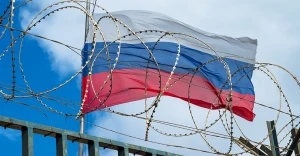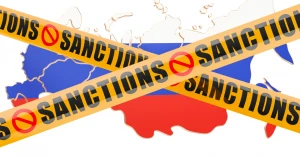
Russia knows value of culture in times of war - Iryna iSky, AFU volunteer, photographer
The woman had to record the crimes committed by Russian troops in the liberated Ukrainian territories. Iryna also saw Russian torture chambers
The servicewoman shared her story on Espreso TV’s War and Volunteers with Khrystyna Parubii.
"The first thing Russians did during the occupation was to influence people's education and culture," says Iryna. "They imported educational materials related to culture, destroyed our cultural monuments, churches, libraries without pity. And this makes me angry the most, because they understand the value of culture in this situation and how you can influence people's brains through culture. For example, in Kherson, there were billboards that were very cunningly worded. For example, the question of to whom Crimea belongs, and a link to the answer through a qr code. They did not give a direct answer, but asked a question, and you decide for yourself. There were a lot of such billboards in Kherson. But I was glad to see people tearing them down and trampling on them."
The woman also had to travel to the liberated territories and record Russian crimes. Many times the photos became evidence of abuse for foreigners. Iryna also had to visit Russian torture chambers.
"To say that there were inhuman conditions there is an understatement," Iryna shares her impressions. "In cells that could accommodate 2 to 4 people, up to 20 people were placed. The toilets were not flushed, they were thrown these propaganda materials, newspapers, book clippings, and people were not allowed to go outside just because they spoke Ukrainian. They were given very terrible food. There was such a pungent, incredibly horrible smell that cannot be compared to anything. The prisoners lived like that all the time."
Earlier, Iryna told Espreso TV how photography affects the emotional state of the military.
- News












































